#Location: Nigeria
Explore tagged Tumblr posts
Text


Juju Stories Abba Makama, C.J. 'Fiery' Obasi, Michael Omonua. 2021
Ikate Central Mosque 6b Ijero St, Ikate 101241, Lagos, Nigeria See in map
See in imdb
#juju stories#nigeria#lagos#ikate#mosque#van#abba makama#c.j. fiery obasi#michael omonua#belinda agedah yanga#movie#cinema#film#location#google maps#street view#2021
16 notes
·
View notes
Text
Urhobo Tribe: History & Culture
The Urhobo people are an ethnic group native to Delta State, Nigeria. They have a rich history and cultural heritage that dates back centuries. Here is a brief overview of the history of the Urhobo tribe: Origins and Migration: The exact origins of the Urhobo people are debated among scholars, but it is generally believed that they migrated from various regions, including the Benin Kingdom, Ijaw…

View On WordPress
2 notes
·
View notes
Text
It is time to invest in landed property buy our pre-finished house located at Guzape Abuja make our Estate your choice Nests and Nails Nigeria Limited
Nests and Nails Nigeria Limited is a reputable real estate company offering great investment opportunities in landed property. With a proven track record of delivering quality projects, we aim to help you secure a lucrative investment that will yield both financial returns and peace of mind. Investing in landed property is a smart decision, as it provides a tangible asset that appreciates over…

View On WordPress
#Abuja Landed Property#Have you started Acquiring Landed Property?#Invest in AbujaReal Estate#It is time to invest in landed property buy our pre-finished house located at Guzape Abuja make our Estate your choice Nests and Nails Niger#It is time to invest in landed property make one of our Estate your choice Nests and Nails Nigeria Limited#Nests and Nails Properties#Real Estate Abuja
0 notes
Text
BREAKING: S£×u*l Harrasm€nt Scandal Rocks UNILAG
The authority of the University of Lagos, Lagos State, has reacted to the alleged s€xual harassment of a postgraduate student of the institution by two senior lecturers. It was gathered that Miss Jennifer Utulu, a postgraduate student of the university had petitioned the Independent Corrupt Practices and other related offences Commission (ICPC) against two of her lecturers over alleged abuse of…
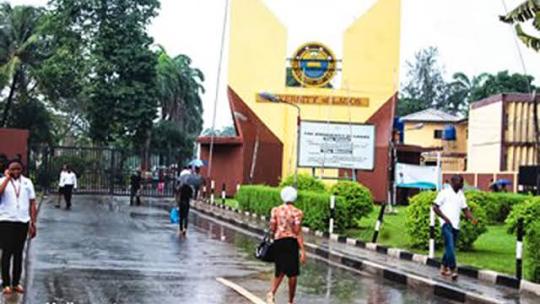
View On WordPress
#college of medicine university of lagos idi araba lagos state#difference between university of lagos and lagos state university#university of lagos lagos nigeria#university of lagos lagos state#university of lagos state courses#university of lagos state cut off mark#university of lagos state school fees#where is university of lagos located in lagos state
0 notes
Text
IJMB Study Centres in Enugu, Universities, Fees
ARE THERE ANY IJMB CENTERS IN ENUGU STATE? THE CENTRE FOR PRE-VARSITY EDUCATION, NIGERIA HAS AFFILIATED IJMB STUDY CENTRES IN ENUGU STATE. WE ADMIT STUDENTS TO VARIOUS ACCREDITED IJMB STUDY CENTERS IN ENUGU STATE. IJMB STUDY CENTRES IN ENUGU STATE. Our partnering IJMB Study Centres in Enugu State have a limited number of students they can accommodate. Hence, earlier registration is recommended…
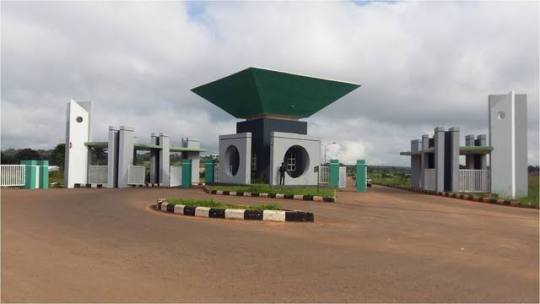
View On WordPress
#Does unn accept IJMB#Enugu State University IJMB#How to register for IJMB in Enugu#IJMB study centres in Enugu#IJMB universities in Enugu#Nsukka IJMB#University of Nigeria#Unn#Where is IJMB located in Enugu
0 notes
Text
MY LEGO MONKIE KID OC!!!
ANYANWU, THE GODDESS OF THE SUN.

CHANGED HER DESIGN A BIT
Anyanwu (anyaanwū, meaning "eye of the sun" in Igbo) is the sun goddess of the good fortune, knowledge , and wisdom in the traditional Igbo religion called Odinala . ( the Igbo tribe is located in Nigeria west Africa) She is an alusi , a tutelary spirit that was created by the Supreme god, Chukwu , to fulfill a specific responsibility related to nature or a principle.
In a nutshell, she's from african myths


She is canon in my Chaos beyond au. you'll see more of her soon
DID SOMEONE SAY "CHAOS BEYOND AU"

CATCH YOU LATER!! EXAMS TOMMORROW!!!
#artists on tumblr#doodle#lego monkie kid#lmk nezha#fanart#lmk fanart#lmk red son#lmk oc#lmk mei#chaos beyond au
129 notes
·
View notes
Text

Port Harcourt, Nigeria: Port Harcourt is the capital and largest city of Rivers State in Nigeria. It is the fifth most populous city in Nigeria after Lagos, Kano, Ibadan and Benin. It lies along the Bonny River and is located in the oil rich Niger Delta. Port Harcourt's economy turned to petroleum when the first shipment of Nigerian crude oil was exported through the city in 1958. Wikipedia
112 notes
·
View notes
Text
Elton John and David Furnish have done it, and so have Paris Hilton, Kim Kardashian and Kanye West.
There’s a bloke from Essex who recently joined the club via an undisclosed overseas location and a 72-year-old Scotsman has just been recognised as the legitimate owner of an American one he bought back in 2020.
What we are talking about here is surrogacy: the incubation and effective purchase of babies after the careful selection of their component parts.
The global market – already worth almost $18 billion (£14 billion) – is projected to rise to $129bn by 2032, according to the research firm Global Market Insights, with anywhere between 5,000 and 20,000 babies incubated to order annually.
This covers the whole caboodle in which you can DIY things with a friend at one extreme, or go for the full Lamborghini treatment where, in some countries, an agent will help you shop around the globe for the finest sperm, eggs and wombs money can buy.
For those opting for the international pick and mix route, there are BOGOF deals (two implants for the price of one), the option of sex selection and a pay-as-you-go plan.
And that’s because you, the customer, are always right. As one agency, New Life Conceptual Limited, based in Lagos, Nigeria puts it: “…it takes four ingredients to make a baby: an egg, a sperm, a womb to grow in, and a family to go home to. You have the last ingredient, but you need a place for your baby to grow, and that’s why you’re here.”
Some companies even offer legal guarantees around defective foetuses that have to be aborted.

If you think I’m making this up, think again.
In the UK, where commercial surrogacy is banned but international imports are not, there are now between 400 and 500 new surrogate-incubated babies registered each year, while globally the business is more than doubling in value every two years.
Some call it a “miracle” and point to the invisible hand of the market creating a profitable multi-billion dollar industry in which everyone wins; a benign system of supply and demand the libertarian economist Leonard Read might have called I, Baby.
And while there is no suggestion that the multi-millionaire celebrities who have used surrogacy, like Elton John and the Kardashians, have exploited the surrogate mothers who bore their children, for others – including feminists like myself – the global surrogacy trade reeks of false entitlement.
It has been sanitised by the liberal “rights” agenda and the same self-serving logic that brands prostitutes “sex workers”. If it brings to mind a book or essay, it is Brave New World, Aldous Huxley’s dystopian novel about social engineering and evil hiding in plain sight.
To what extent, for example, is the lack of regulation around surrogacy driving impoverished women into unsafe and unconsented arrangements, as it once did so extensively with domestic and international adoption?
And what do we really know of all those hundreds of Brits now shopping for children around the world.
Can it really be right that you can effectively buy a baby overseas but raise it in Britain where commercial surrogacy is supposed to be banned?

Just as in the 1950s, ‘60s and ‘70s, when we thought of adoption as a favour to unsuitable mums whether they be “wayward” teens or impoverished Mexicans, surrogacy is being sanitised.
Delve into the subject on the Internet and you will find that almost everywhere you look, it’s celebrated. These babies, magicked into welcoming arms, are seemingly a modern miracle for childless couples of every stripe. TikTok is full of it.
Here in Blighty, we have only “ethical surrogacy”, says Surrogacy UK, a leading non-profit “providing a safe, supportive environment for surrogates, intended parents and families”.
Such organisations emphasise the benefits to infertile couples, and the “great gift” bestowed by women (aged 16 or older) who are happy to “altruistically” lend their womb to another for nine months.
Whilst such arrangements do work for some, there is no reliable data on what is really going on in the UK. This is because the sector is governed by a bizarre mish-mash of statute and common law, and because regulation, where it exists at all, is opaque.
Echoing the words of a Tarantino script, surrogacy is legal in the UK but not a hundred per cent legal.
It’s legal to enter into an agreement with a surrogate, it’s legal to pay her “reasonable expenses”, and, if you’re the owner of a womb, it’s legal to grow a child (made with your eggs or someone else’s) and give it away once it’s born.
But it’s illegal to advertise you are looking for a surrogate in the UK or solicit for business if you want to become a surrogate. It’s also an offence to arrange or negotiate a surrogacy arrangement as a “commercial enterprise”, but that doesn’t really matter because, get this: “reasonable expenses” can stretch beyond the average annual wage.
If money is still an obstacle, you can always rent a womb from a woman in a country like California, Cyprus or Greece where for-profit surrogacy is legal, before bringing the child back home to the UK.
Another oddity of the UK system is that, while it is a criminal offence to advertise surrogacy services, there are “some exemptions for not-for-profit organisations”. It is not clear how these agencies are selected but they are organisations that officials at the Department of Health and Social Care deem trustworthy. It is how agencies like Surrogacy UK and Brilliant Beginnings are able to proactively recruit and advertise a willing pool of surrogates in Britain.
“All our surrogates benefit from being a part of our thriving community and can enjoy a range of events and gifts along the way,” says the Brilliant Beginnings website. “Surrogate retreats” and “milestone gifts” such as chocolates, flowers and even bellybuds - speakers that allow mothers to play music to babies in the womb - are all part of the service.
Brilliant Beginnings says “expenses” payments to surrogate mothers in the UK typically range between £12,000 to £35,000. It is not known how well off the typical UK surrogate is in relation to the intended parents check, but there is potentially a stark economic divide.
“For surrogates who receive means-tested state benefits, it is important to be clear about whether benefits might be affected by any expenses received,” says the Best Beginnings website. “We would always recommend surrogates are upfront with their benefits office”.
Evidence for the benefits and harms of surrogacy in the UK are almost entirely anecdotal.
Disputes do occur but no one really knows their frequency or what they entail because they are heard in the secretive Family Court, which sits mainly in private and from which detailed reporting is banned.
An obvious problem in the UK, is that the flash point for disputes typically arises after the fact - that is, after a child has been born. This is the point at which the intended parents (or parent) must apply to the Court for a “transfer of legal parenthood” and, in most cases, will be the first time the state even becomes cognisant of the surrogacy arrangement.
An application for such a transfer can only be made with the surrogate’s consent but the decision hinges on what the Court considers to be in the best interests of the child, not the surrogate mother.
“The parental order process takes place after birth and involves the family court, and a court-appointed social worker,” says the DHSC website. “This provides a valuable safeguard for the best interests of the child”.
There is a growing recognition that the regulation of surrogacy in the UK is inadequate but the agencies who run it want legislative reforms that favour the would-be parents rather than the surrogate mothers.
They are especially exercised about the fact that written agreements between surrogates and intended parents are ultimately unenforceable in the UK courts.
Others, including myself, want the practice banned – as it is in many countries across the world. Miriam Cates, the former Conservative MP for Penistone and Stocksbridge, caused a storm in January when she said surrogacy was “just ethically not acceptable”.
“Of course adults have a strong desire to be parents, both men or women. Of course it’s a sadness if that’s unfulfilled for whatever reason – they can’t conceive, don’t have a partner, whatever it is.
“But to deliberately bring a child into the world in order to separate it from its mother at birth I think is just ethically not acceptable,” she said.
Alan White, chairman of Surrogacy UK, told a webinar hosted by the Royal College of Midwives in February that those of us who see the practice as unethical and exploitative were limiting choice and free will because we failed to properly understand the motivations of surrogate mothers.
“Surrogates don’t see themselves as mothers, they see themselves as extreme baby-sitters,” he said. “[They are] doing that wonderful thing of doing the part of having children women or gay men can’t do for themselves”.
To survive the psychological impact of giving away a child, there is little doubt that this sort of thinking helps.
As Helen Gibson, the founder of Surrogacy Concern points out, surrogates are encouraged to see themselves as a bystander – just the “the oven” or “the microwave”, as some describe themselves.
But this sort of psychological dissociation doesn’t always work, and perhaps seldom does.
I spoke to one UK woman who feels deep regret at her decision to enter into a surrogacy arrangement. Sandra, whose name I’ve changed, was 32 with two children of her own. She had escaped a violent husband, and was struggling to make ends meet.
A friend suggested she could make money by carrying a baby for an infertile couple. And, after approaching a UK agency she found via Facebook, she was told that in return for having the baby, she could enjoy “unlimited expenses, within reason”.
She was introduced to a gay male couple who wanted her to carry an implanted embryo, engineered with selected eggs to give them the best chance of a “tall, blonde child”. Sandra, by contrast, is short and dark.
The embryo transfer failed three times, and the IVF process made Sandra extremely sick. Eventually, the couple decided to go to California, but not before admonishing her for wasting “their time, and a lot of money.”
“I felt like a broodmare,” she told me.

If the UK surrogacy market is a classic British muddle, the global market is the wild west.
And because no UK Court or Home Office official can possibly check the provenance of all the elements that go to make up a child (the sperm, the eggs, the IVF, or, crucially, the free agency of the surrogate mother), anything goes for the unscrupulous.
Although most countries around the world still ban the practice, there are more than enough who don’t.
In Greece and various US states including California, Washington DC and Arkansas, commercial surrogacy is fully legal. In many other countries it is either unregulated or very lightly regulated, enabling the trade to flourish. Countries in this bracket include Brazil, Mexico, Colombia, the Czech Republic, Argentina, Guatemala, Iran, Kenya, Nigeria, the Philippines, Russia and Ukraine.
WFI Surrogacy, one of America’s biggest providers, offers its customers what it calls a “live birth guarantee” – the promise that a birth will occur once the process is underway.
“The high quality of our egg donors and surrogate mothers enables us to make this type of guarantee”, says WFI. “Our live birth guarantee programs are available for either: singleton or twins [or] one specimen source or two specimen sources”.
“All our surrogate mothers are medically and psychologically screened,” it adds.
This is Big Fertility, whose business model relies on the commodification of every aspect of pregnancy.
A healthy overall budget for a Brit using the US surrogacy route sits between £250,000 to £320,000, according to the UK agency Brilliant Beginnings.
Often freelance agents or “fixers” will shop around the world for their clients to increase choice and reduce costs. A surrogate mum in Los Angeles, California costs a whole lot more than one from rural Mexico, for example.
Denmark has long been prized for its sperm, its tall blond donors making the most of their viking heritage.
For eggs, there are also options galore – and all pushed with a good dose of fairy tale genetics.
Egg Donor number “241222_01” on the World Center of Baby website (motto: every person deserves to be a parent) conforms precisely to the modern notion of female beauty as defined by Instagram.
Weighing in at just 66kg, she’s also “an artistic soul with a flair for creativity”. If you would prefer a sporty one, just go for donor number 241222_02 – “an athletic enthusiast, deeply engaged in fitness and sports”.
Embryos can be made up from the customers chosen eggs and sperm in any number of IVF labs around the world. They are then frozen and shipped to wherever the chosen surrogate may be. Fixers facilitate the entire process, including the negotiation of complex legal agreements and the careful arbitrage of international and domestic laws and regulations.

The wording of commercial surrogacy contracts is telling, the text reflecting the economic disparity between carrier and client.
“If Gestational Carrier suffers a loss of her uterus as a result of the performance of her obligations under this Agreement, she shall receive $5,000.00 from Intended Parents”, stipulates one contract.
It continues: “If Intended Parents jointly request Gestational Carrier to terminate the pregnancy because of the Child’s medical condition(s), she will do so promptly. If Gestational Carrier refuses to terminate, Gestational Carrier will have materially breached this Agreement and Intended Parents’ obligations under this Agreement shall cease immediately”.
Natalia Gamble, a director at Brilliant Beginnings, says the agency made an active decision “to only facilitate people going to places that we felt were ethical, secure, and safe”.
Although Ms Gamble is adamant that her approach is ethical, she helps clients go to Nigeria, Cyprus, and Ukraine, where commercial surrogacy flourishes.
“We made the active decision at Brilliant Beginnings to only facilitate people going to places that we felt were ethical, secure, and safe – we have very much focused on the US, but through our law firm (NGA Law) we have helped people go into places like Nigeria, Cyprus, and Ukraine because our role is much more not to help them do it in the first place but to help them bring their children home and resolve all the legalities afterwards,” she said.
Northern Cyprus even allows sex selection, with several clinics there advertising the service on their websites.
“The cases that are happening in Nigeria or Cyprus where it’s very unregulated and there’s no legal framework are a very, very small percentage of the overall international surrogacy landscape,” she said.
“We do need to be very alert to the risks of exploitation and those risks are greatest in places where there is no legal framework regulating how surrogacy is run [...] but, it’s about not overinflating those risks when the majority of people are going to what you might call ‘good surrogacy destinations’.”
Ms Gamble is pushing for a change to UK law that would grant commissioning parent(s) legal rights to the child (embryo) at the point of conception.
“It’s in the best interest of the child,” she says. “If you speak to any surrogate mother they will say ‘Look, I am not the mother of this child, I’m always very clear that it’s someone else’s child that I’m carrying’ – no one wants the surrogate mother on the birth certificate, including her.”
But is that really true – are surrogate mothers really so detached?
I spoke to Liane, who said her own experience of surrogacy caused “a huge amount of grief and hurt”.
She described the market as being infected with a sort of “toxic positivity”.
She added: “It’s painted as a wonderful thing to do, a beautiful selfless act which can only bring joy when for me, I felt used, manipulated, and devastated”.
Ms Gibson of Surrogacy Concern says cases involving “coercion and regret” are not uncommon, even within the UK’s surrogacy model.
“Surrogacy prioritises the wants of the adults ahead of the needs of the child, and creates a societal sense of entitlement towards women’s bodies,” she said.
The practices of single men buying children abroad, white couples using black surrogate mothers, and the growing trend towards using cut price surrogacy destinations such as Mexico, Colombia, Kenya and Ghana are all on Surrogacy Concern’s radar.
Physical harms to surrogate mothers are real. Carrying a baby always involves serious risk but, for surrogates, those risks are often greatly magnified.
Linda Khan, an epidemiologist based in the departments of Paediatrics and Population Health at NYU, says surrogates run an “increased risks of all kinds of pregnancy complications, which lead to adverse outcomes for women and children”.
One factor, she says, is that the embryo is not biologically related to the woman and implanted via IVF. Another is that “many women are carrying multiples because it’s so expensive. They want two for the price of one”.
“Twinning is not safe, even when it occurs naturally. It is a huge burden on women’s bodies, it gets all the risks of complications sky-rocketing.”
Whilst it would be difficult (though not impossible) to ban or abolish surrogacy entirely – changing laws to ban the ‘womb traffickers’ as many campaigners refer to the brokers, should be a priority.
The marketing of surrogacy should also be made subject to tougher regulation, say some experts, although many others favour a blanket ban.
“Surrogacy is a trade that makes commodities of children, of embryos and of eggs, and reduces women to being seen as machines,” said Ms Gibson. “It should not masquerade as a progressive solution to the problem of infertility.”
Further, any legal protections introduced in the UK should be for the benefit of the surrogate mothers giving birth and the babies, rather than for the commissioning parents or agents, adds Ms Gibson. A commissioning parent should never have a legal right to remove a baby if a woman has changed her mind.
In March last year, experts from 75 countries signed the Casablanca Declaration, which calls for a global ban on all forms of surrogacy. And in April this year, an international conference was held in Rome with an aim to provide all States with a legal instrument banning the practice of surrogate motherhood.
Implicit within it is a rejection of the fanciful and dangerous notion that anyone, anywhere has an inalienable right to a child.
“The regulations of each country are not enough to stop human trafficking globally,” said Bernard Garcia Larrain, the Executive Director of the Casablanca Declaration for the Universal Abolition of Surrogacy.
“We need an international treaty to prohibit surrogacy because this is a global market that moves a lot of money and knows no borders,” he added.
#radfem#radblr#radical feminism#gender critical#radical feminist#terfblr#radfem safe#terf safe#article#surrogacy
120 notes
·
View notes
Text
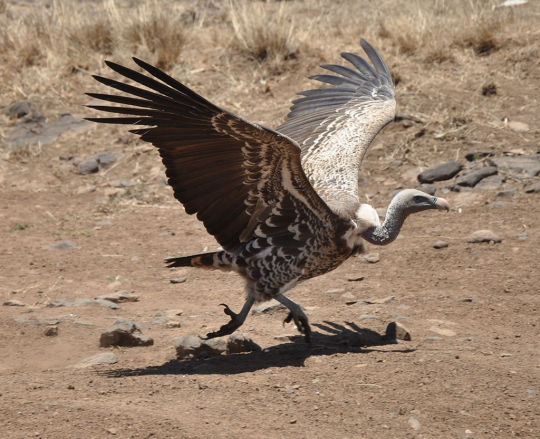
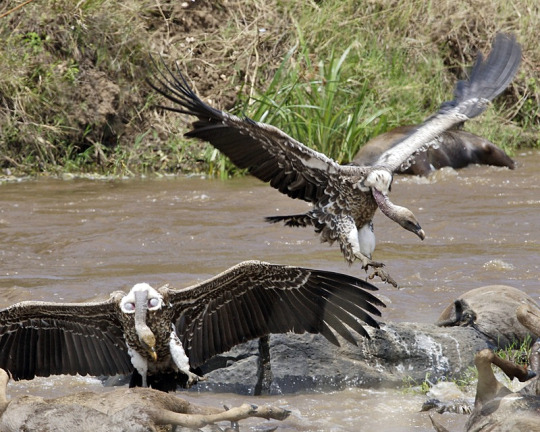
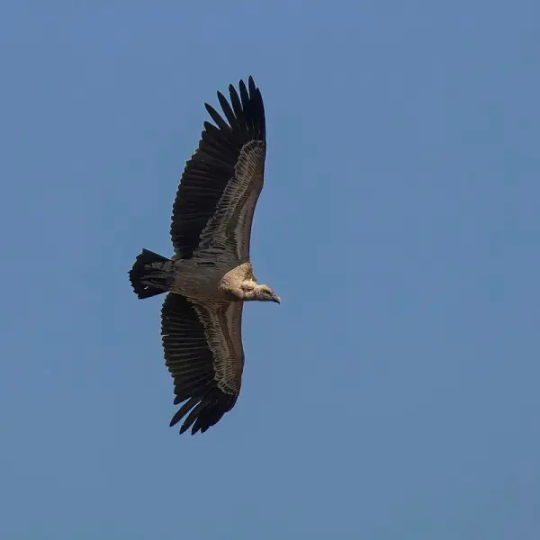
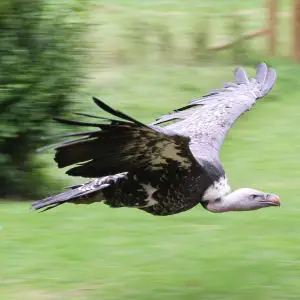
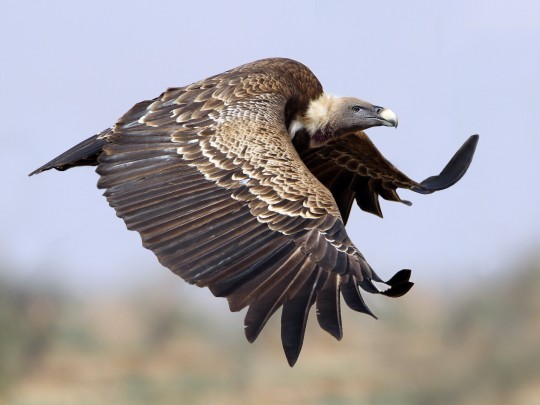
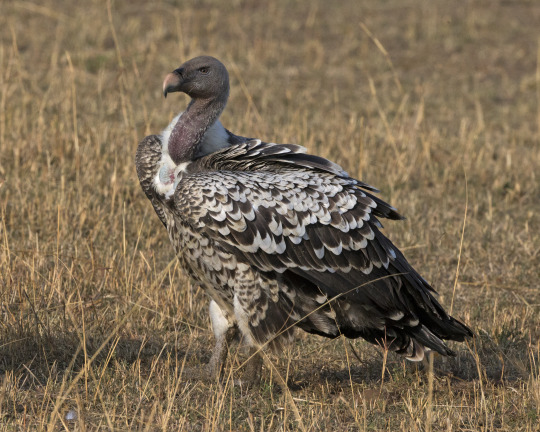
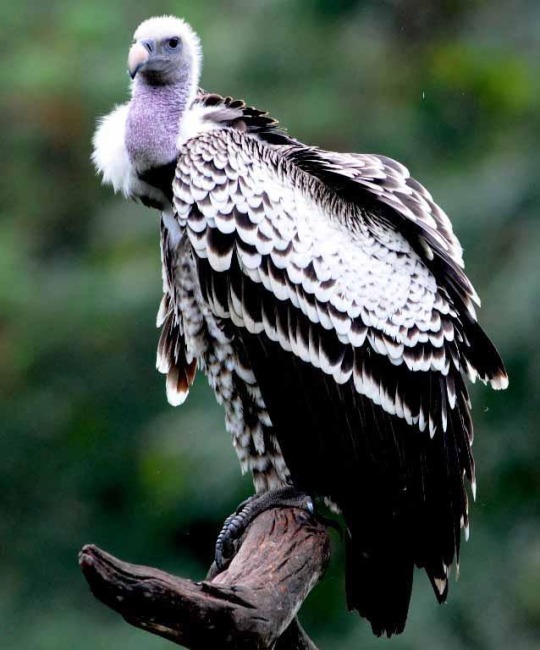
Rüppell's vulture also called Rüppell's griffon vulture, named after Eduard Rüppell, is a large bird of prey in the genus Gyps which is native throughout the sahel and eastern Africa including the countries of Algeria, Benin, Burkina Faso, Burundi, Cameroon, the Central African Republic, Chad, The Ivory Coast, Djibouti, Eritrea, Ethiopia, Gambia, Ghana, Guinea, Guinea-Bissau, Kenya, Mali, Mauritania, Niger, Nigeria, Rwanda, Senegal, Somalia, South Sudan, Sudan, Tanzania, Togo, and Uganda. Here they tend to inhabit grasslands, mountains, and open woodland. Rüppell's vultures are diurnal and very social birds, roosting, nesting, and feeding in large flocks. They spend much of their time flying at great altitudes, using strong winds and thermals to efficiently soar they are known to regular cruise at upwards of 20,000ft (6,000m) above the ground with some known to go as high as 37,000ft (11,300m) making them the highest flying bird. These vultures locate food by sight only, and often follow herds of animals. Once they find a carcass they swoop down, land a little way off, then bound forward with wings spread and their long neck outstretched. Even amongst old world vultures, Rüppell's vultures are specialized feeders with a spiked tongue and strong beak they can strip flesh with ease, and feed upon pelts, hides, and even the bones themselves. Reaching around 33 to 41in (85 -103cms) long, 14 – 20lbs in weight, with a 7.5-8.6ft (2.26 -2.6m) wingspan. They are one of the largest vultures in Africa, both sexes sport mottled brown or black feathering overall with a whitish-brown underbelly and thin, dirty-white fluff covering the head and neck. The base of the neck has a white collar, the eye is yellow or amber, the crop patch deep brown. The head does not have feathers. This species of vulture is considered to be monogamous, forming lifelong breeding pairs. They nest on cliffs in colonies up to a 1,000 strong. After courtship a pair will work together to build a nest using sticks, grass, and leaves that they have gathered or stolen from other nests, here the mother will lay 1 egg. Both parents share in incubation of their egg over a period of 55 days. Once the chick hatches, both parents will feed and tend to it for about 150 days when it fledges. Young remain dependent on their parents after fledging, not reaching independence until the next breeding season. Under ideal conditions a ruppells vulture may live up to 50 years.
#pleistocene#pleistocene pride#pliestocene pride#pliestocene#bird#dinosaur#vulture#ruppells vulture#africa#asia#europe#eurasia#flying#griffon#griffin#griffon vulture
448 notes
·
View notes
Text
💀Goddesses of death💀

Ereshkigal: Mesopotamian goddess of death, the dead, and the underworld.
Ereshkigal is the queen of the underworld, the keeper of balance, the punisher of evil & maintains order against chaos. She may have also been associated with the earth & the waters of life in Mesopotamian legend. She was associated with the city of Kutha and featured in the myth of Inanna's Descent to the Underworld. She was also connected to other deities such as Nergal, Ninazu, and Ningishzida. Ereshkigal was said to be the sister of Inanna.

Oya: African Goddess/orisha of death, storms, winds & thunder.
Oya is a powerful goddess/orisha in Nigeria who controls storms and death and is married to the thunder god, Shango. She is a shape-shifter who often appears as a mortal woman or animal while overseeing justice and bringing sudden change. She is also a guardian of women and the dead, able to call forth death or delay it. Oya is associated with rebirth and magic, and her favorite colors are maroon and copper.
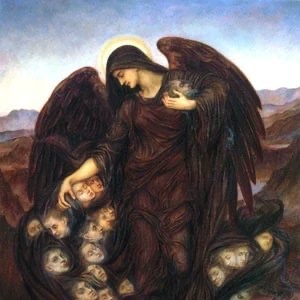
The Keres: Greek goddesses of Death, bloodshed & violence.
The Keres were female death spirits and goddesses who personified violent death. They were drawn to bloody, intense deaths on battlefields and were daughters of Nyx, Goddess of Night. They did not have the power to kill but would wait and then feast on the dead. They were described as dark beings with gnashing teeth & claws, with a thirst for human blood. They would hover over the battlefield and search for dying/ wounded men.
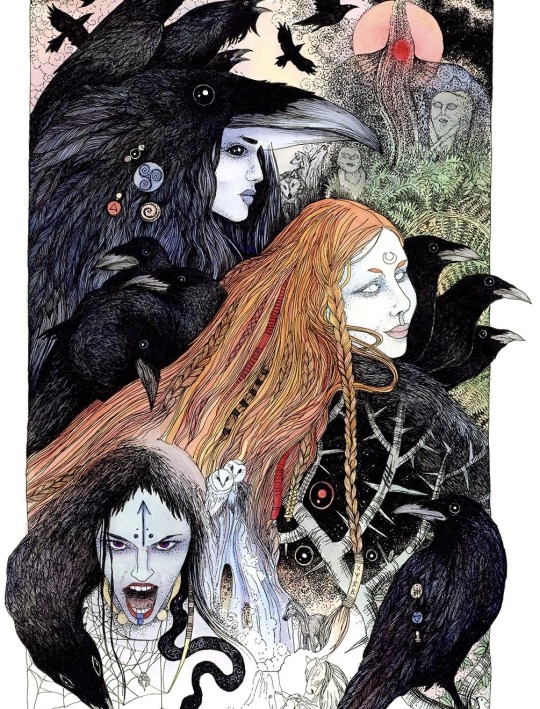
The Morrigan: Irish Goddess of death, fate, war & sovereignty.
The Morrígan, also called the Phantom Queen, is a bewitching goddess associated with war and fate, often appearing as a crow, encouraging bravery and strength in battle, & foretells doom or victory. The Morrígan is often described as a trio of sisters, representing the goddess's role as a guardian and warrior. She can appear in many forms like an old woman, a crow, a beautiful sorceress, or a fearsome creature.
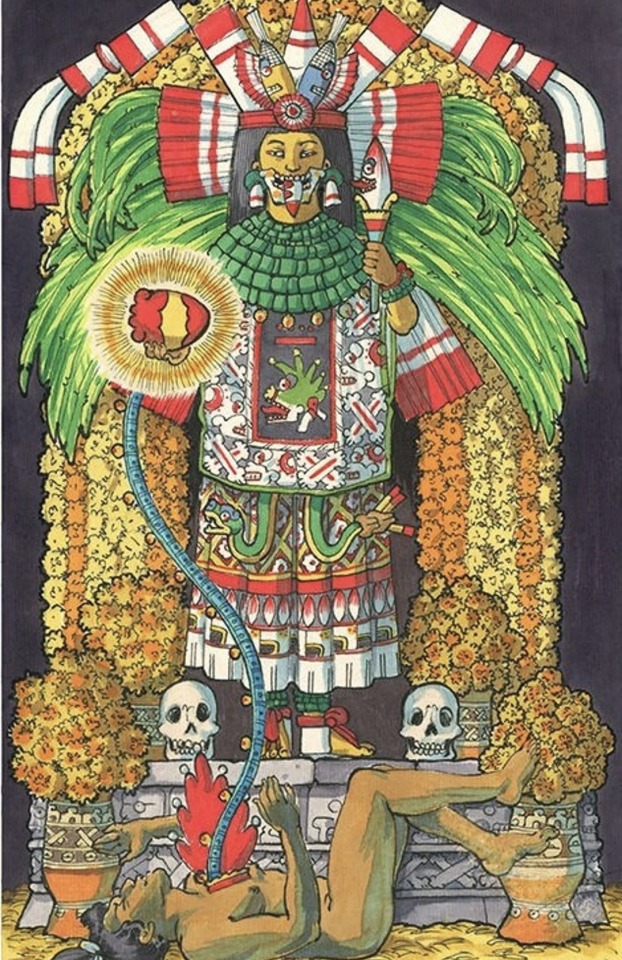
Mictecacihuatl: Aztec Goddess of death & the underworld.
Also known as the Lady of the Dead, Alongside Mictlantecuhtli, her consort, she rules over Mictlán, the lowest Aztec underworld realm. She guides the departed souls on their transformative journey from life to the afterlife and embodies the profound duality of existence. The Dia de los Muertos is a vibrant festival that allows families to honor deceased loved ones with ofrendas and calavera imagery, inspired by Mictecacihuatl, who is now called Santa La muerte.
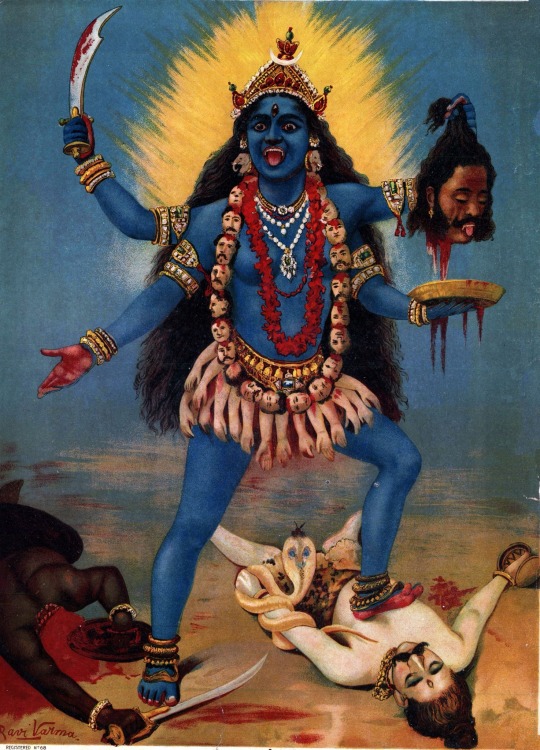
Kali-ma: Hindu Goddess of destruction, death, change & time.
Kali-ma is the wrathful & protective force of Shakti (energy), She's a caring mother to her devotees/innocent people and the destroyer of evil, she expresses the dual nature of the destruction that must come before new beginnings. Kali ma embodies the power of all, transcending good & evil to protect her people against negativity. Kali ma is Mother Nature, primordial, nurturing, and devouring, She is vested in freeing beings, granting salvation.
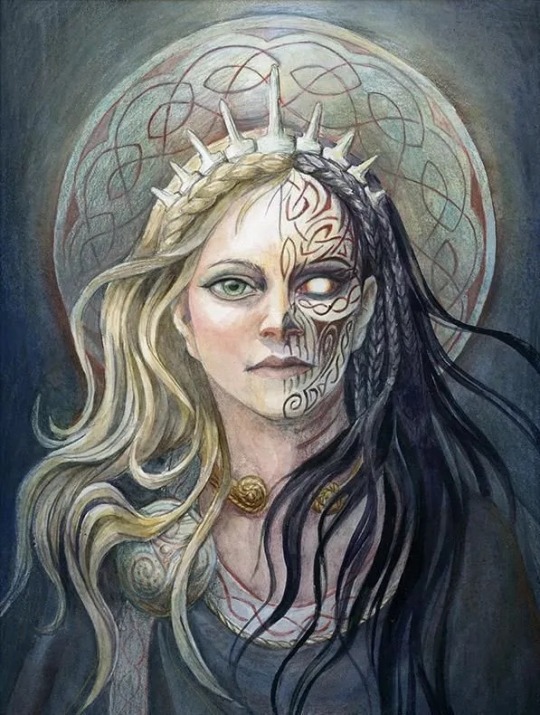
Hel: Norse Goddess of death, the underworld & decay.
Hel, the half living and half dead goddess, is one of Loki's children, and rules over the realm of the dead, she mostly receives those who died of illness or old age in her realm. Hel is often depicted as a fearsome figure, and in Her realm, Helheim, is considered one of the nine worlds in Norse cosmology and is located in the lowest part of the universe. In the events of Ragnarok, Hel plays a crucial role. It is foretold that she will lead an army of the dead to fight against the gods.
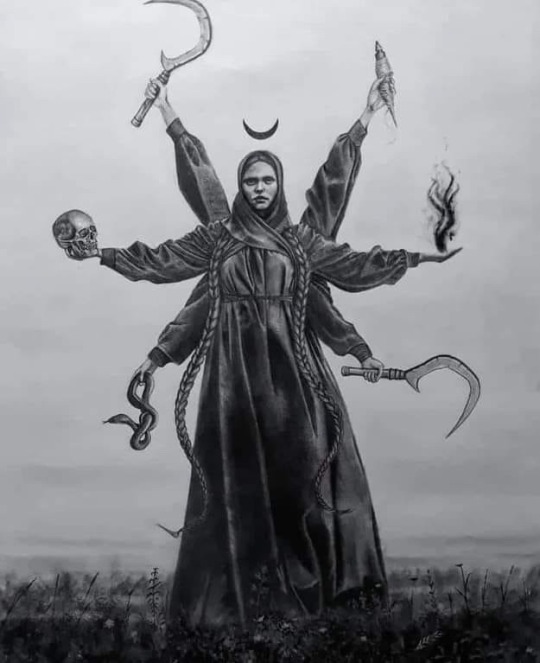
Morana: Slavic Goddess of death, winter, magic & dreams.
Morana is a Slavic goddess associated with seasonal agrarian rites based on the idea of death and rebirth of nature. the death of Morana at the end of winter becomes the rebirth of Spring of the Goddess Vesna, representing the coming of Spring, joy & life. She is still worshipped to this day and is often described as a vengeful, powerful goddess. She is married to the spring/love God Yarilo but their relationship is not seen as healthy.
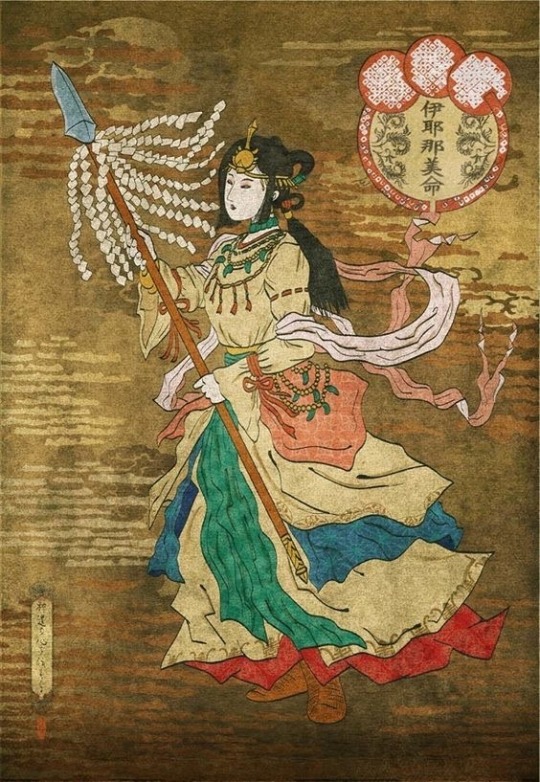
Izanami: Japanese Goddess of Death, darkness & creation.
Izanami is a Shintō creation mother goddess who became the Japanese goddess of death after she died while giving birth. Her name, Izanami, means ''the female who invites.''. She can create many lands and other divine beings, has the power of death and could command gods/spirits of the underworld. Izanami & Izanagi are the creators of the Japanese archipelago and the creators of the powerful deities Amaterasu, Tsukuyomi, and Susanoo.
#religion#religions#mesopotamian#mesopotamian mythology#african mythology#greek mythology#Hellenism#irish mythology#celtic mythology#aztec mythology#Hinduism#hindu mythology#indian mythology#norse mythology#slavic mythology#japanese mythology#Shinto#goddesses#Ereshkigal#oya#the keres#the morrigan#morrigan#Mictecacihuatl#Kali ma#hel#morana#Izanami#Shakti#lotus list
59 notes
·
View notes
Text
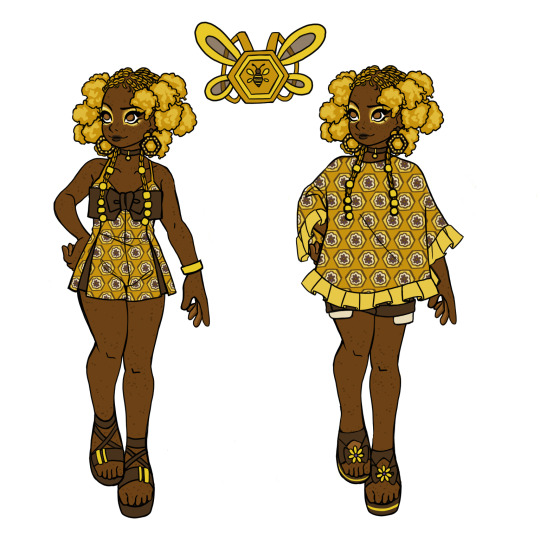
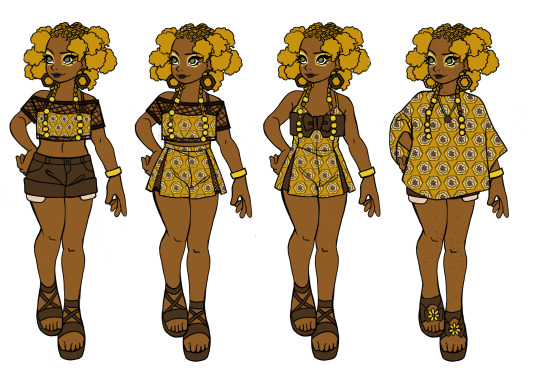

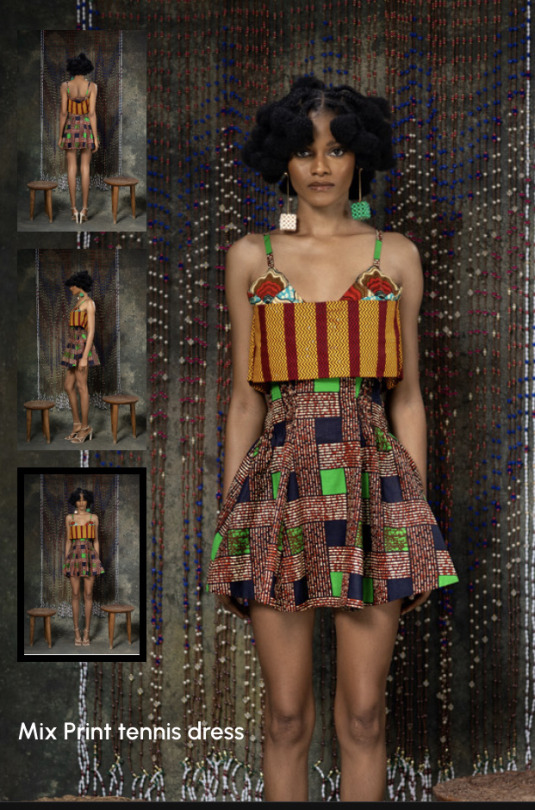

I decided to take a few more passes on my rainbow high doll’s design. The first image shows my two favorite designs from the second image (but cleaned up a bit- I adjusted the colors so that they would pop more).
I took a lot of inspiration from the 3 images I show below (the middle one is from Lisa Folawiyo, a Nigerian fashion designer- the other’s locations are shown in the images). I wound up really liking the middle model’s hairstyle so I stole it, haha.
I wanted to take heavy inspiration from current fashion trends from Nigeria- what do you guys think- are they too close in design to the images?
Anyways, I’m thinking I’m going to call her Melina- the name was recommended to me from an anon and I thought it fit her pretty well.
#I’m very happy with the makeup it makes her eyes pop#out of curiosity which design do you guys like best?#rainbow high#art#character design#rainbow high character#artists on tumblr#oc#I am already coming up with ways to achieve the hairstyle I drew on an actual doll#I think I can do it#my art
228 notes
·
View notes
Text

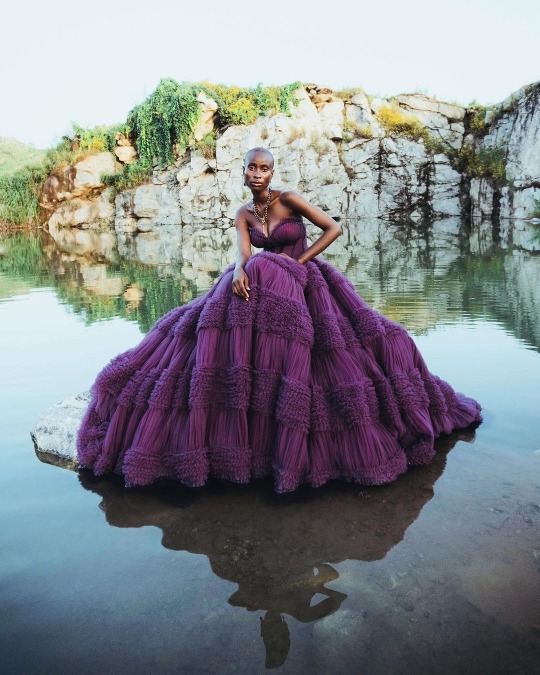

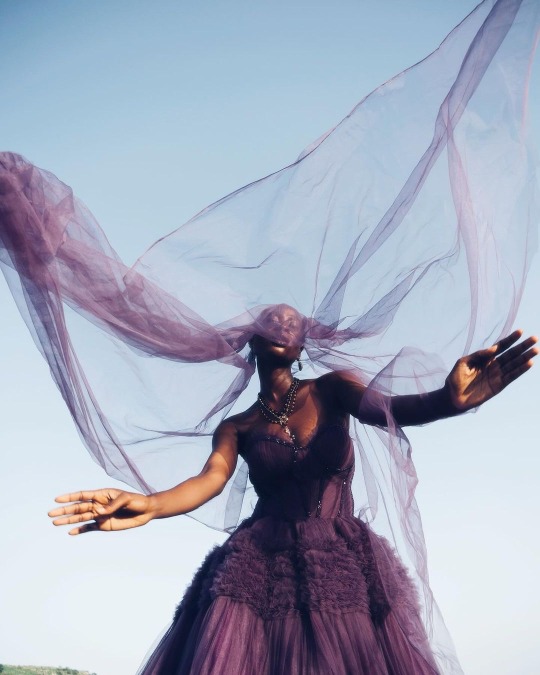

@kingsvillevisualsgallery
Model
@blessedsing_claire
Fashion Designer
@chukscollinsofficial
Accessories
@onemarjon
location : Ushafa blue sea Abuja Nigeria
112 notes
·
View notes
Photo
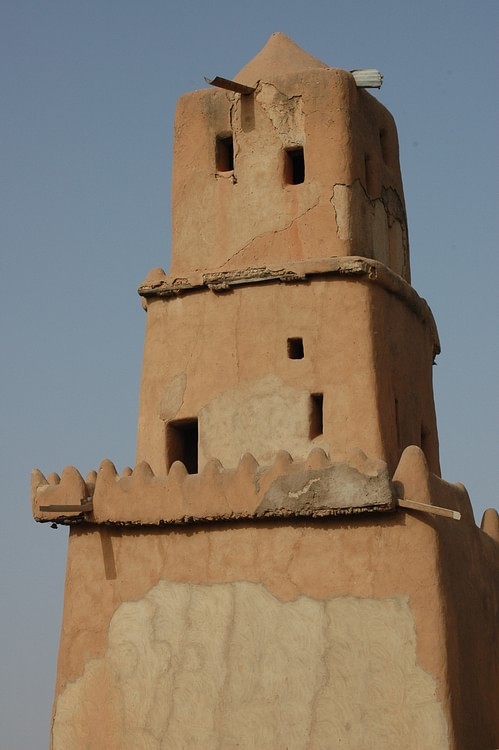
Hausaland
Hausaland, sometimes referred to as the Hausa Kingdoms, was a group of small independent city-states in northern central Africa between the Niger River and Lake Chad which flourished from the 15th to 18th century CE. The origins of the Hausa are not known, but one hypothesis suggests they were a group of indigenous peoples joined by a common language - Hausa - while another theory explains their presence as a consequence of a migration of peoples from the southern Sahara Desert. The cities prospered thanks to local and interregional trade in such commodities as salt, precious metals, leather goods, and slaves. Islam was adopted by many of the rulers and elite of the city-states in the 14th and 15th century CE but was also one of the reasons for their loss of independence when the Muslim Fulani leader Usman dan Fodio (r. 1803-1815 CE) launched a holy war and conquered the region in the early 19th century CE.
Geography & Origins
The name Hausaland derives from the Hausa term Kasar hausa, meaning the 'country of the Hausa language', although the area also included other peoples such as the Tuareg, Fulbe, and Zabarma. The term 'Hausa' was in use only from the 16th century CE as the people called themselves according to which specific city-state or kingdom they belonged to.
Hausaland was located in the Sahel region between the Niger River and Lake Chad in north-central Africa in what is today northern Nigeria. The Sahel is the semi-arid strip of land running across Africa between the Sahara Desert in the north and the Savannah grassland to the south. Hausland, specifically, stretched from the Air mountains (north) to the Jos plateau (south) and from Borno (east) to the Niger Valley (west). This region saw the development of towns by the Hausa-speaking people from 1000 to 1300 CE.
The exact origins of the Hausa cities are not known, but theories include a migration of peoples from the southern Sahara who, abandoning their own lands following the increased desiccation of that area, established new settlements in what would become known as Hausaland. An alternative theory suggests that the Hausa people originally lived on the western shore of Lake Chad and when the lake shrank (as a consequence of the same climatic changes that affected the Sahara) they occupied this new and fertile land and then eventually spread to the immediate north and west. There is as yet, unfortunately, no archaeological evidence to support either of these two theories. As a consequence, there is a third hypothesis, which is that the Hausa had not migrated from anywhere but were indigenous to the region. Support for this theory lies in the fact that there is no tradition of migration in Hausa oral history.
There is, though, a foundation legend, known as the Bayajida or Daura legend, although this probably dates to the 16th century CE and reflects the increased influence of Islam in the region at that time. According to this tradition, Bayajida, a prince from Baghdad, arrived at the court of the ruler of the Kingdom of Kanem (or the Bornu Empire as it became by the 16th century CE). Receiving an unfavourable reception, Bayajida headed eastwards until he came upon the city of Daura. There, the queen and her kingdom were being terrorized by a great snake. Bayajida stepped in and killed the troublesome serpent and promptly married the queen. Together they had a son called Bawogari who then went on to have six sons of his own, each of which became the king of a Hausa city-state. Meanwhile, Bayajida had another son, this time with one of his concubines. This illegitimate son, called Karbogari, had seven sons, and these went on to rule seven other Hausa cities. This story neatly explains how the various cities were established but not, of course, just where Daura and its queen came from.
Continue reading...
27 notes
·
View notes
Text

CULTURE SUMMARY: IGBO
By IFI AMADIUME
ETHNONYMS
Ala Igbo, Ani Igbo, Ibo, Ndi Igbo.
IDENTIFICATION AND LOCATION
Igbo is the language spoken in Ala Igbo or Ani Igbo (Igboland) by the people who are collectively referred to as “Ndi Igbo”; their community is known as “Olu no Igbo” (“those in the lowlands and uplands”). Before European colonialism, the Igbo-speaking peoples, who shared similarities in culture, lived in localized communities and were not unified under a single cultural identity or political framework, although unifying processes were present via expansion, ritual subordination, intermarriage, trade, cultural exchange, migration, war, and conquest. Villages and village groups were generally identified by distinct names of their ancestral founders or by specific names such as Umuleri, Nri, Ogidi, Nnobi, Orlu, Ngwa, Ezza, and Ohaffia.
There are several theories concerning the etymology of the word “Igbo” (wrongly spelled “Ibo” by British colonialists). Eighteenth-century texts had the word as “Heebo” or “Eboe,” which was thought to be a corruption of “Hebrew.” “Igbo” is commonly presumed to mean “the people.” The root - bo is judged to be of Sudanic origin; some scholars think that the word is derived from the verb gboo and therefore has connotations of “to protect,” “to shelter,” or “to prevent”—hence the notion of a protected people or a community of peace. According to other theorists, it may also be traced to the Igala, among whom onigbo is the word for “slave,” oni meaning “people.”
Igbo-speaking peoples can be divided into five geographically based subcultures: northern Igbo, southern Igbo, western Igbo, eastern Igbo, and northeastern Igbo. Each of these five can be further divided into subgroups based on specific locations and names. The northern or Onitsha Igbo are divided into the Nri-Awka of Onitsha and Awka; the Enugu of Nsukka, Udi, Awgu, and Okigwe; and those of the Onitsha town. The southern or Owerri Igbo are divided into the Isu-Ama of Okigwe, Orlu, and Owerri; the Oratta-Ikwerri of Owerri and Ahoada; the Ohuhu-Ngwa of Aba and Bende; and the Isu-Item of Bende and Okigwe. The western Igbo (Ndi Anioma, as they like to call themselves) are divided into the northern Ika of Ogwashi Uku and Agbor; the southern Ika or Kwale of Kwale; and the Riverrain of Ogwashi Uku, Onitsha, Owerri, and Ahoada. The eastern or Cross River Igbo are divided into the Ada (or Edda) of Afikpo, the Abam-Ohaffia of Bende and Okigwe, and the Aro of Aro. The northeastern Igbo include the Ogu Uku of Abakaliki and Afikpo.

Today Igbo-speaking individuals live all over Nigeria and in diverse countries of the world. As a people, however, the Igbo are located on both sides of the River Niger and occupy most of southeastern Nigeria. The area, measuring over 41,000 square kilometers, includes the old provinces of Onitsha, Owerri, East Rivers, Southeast Benin, West Ogoja, and Northeast Warri. In contemporary Nigerian history, the Igbo have claimed all these areas as the protectorate of the “Niger Districts.” Thus began the process of wider unification and incorporation into wider political and administrative units. Presently, they constitute the entire Enugu State, Anambra State, Abia State, Imo State, and the Ahoada area of Rivers State; Igbo-speaking people west of the Niger are inhabitants of the Asaba, Ika, and Agbo areas of Delta State.

#african#afrakan#kemetic dreams#africans#brownskin#brown skin#afrakans#african culture#igbos#Ndi Igbo#Ani Igbo#Ala Igbo#Umuleri#Nri#Ogidi#Nnobi#Orlu#Ezza#Ohaffia#nigerian#niger#niger delta
36 notes
·
View notes
Text
✧༺┆✦The Matriarchal Societies✦┆༻✩

Matriarchal societies, where women occupy primary power roles in political, social, and economic realms, have existed across various cultures and historical periods. Distinguished by matrilineal descent, communal decision-making, and significant female authority, these societies present alternative models of social organization.
Characteristics of Matriarchal Societies
Matrilineal Descent
A hallmark of matriarchal societies is matrilineal descent. Family lineage, property, and titles are inherited through the mother’s line, ensuring continuity and stability as women control familial and economic resources. Matriarchs play central roles in family organization, often making key decisions about marriage, property distribution, and household management.
Political Authority
Women in matriarchal societies frequently hold significant political positions such as chiefs, queen mothers, or council leaders. Their leadership is active and involves governance and decision-making. Community councils, typically composed of elder women, guide community policies and resolve disputes, ensuring that women's perspectives are central to governance.
Economic Control
Women typically control property and land, managing and passing them down to their daughters. This economic power underpins their social authority and community status. They oversee the allocation of resources within the community, ensuring equitable distribution and the well-being of all members.
Cultural and Spiritual Roles
Women often serve as spiritual leaders, shamans, or priestesses, conducting important rituals and ceremonies. As custodians of spiritual knowledge and cultural traditions, women preserve and transmit cultural heritage through storytelling, education, and ritual practices, maintaining the community's identity and values.
Historical and Contemporary Examples
The Hopi (Native Americans)
The Hopi people, residing in north-eastern Arizona, follow a matrilineal system where clan membership and inheritance pass through the female line. Women own the land and homes, and they play significant roles in agricultural activities. Female elders influence decision-making processes, particularly regarding community welfare and cultural traditions.
The Ashanti (West Africa)
The Ashanti people of Ghana practice a matrilineal system in which lineage and inheritance pass through the mother's line. The Queen Mother holds significant political influence, including the authority to select the Asantehene (king). Women are key figures in trade and local markets, controlling the distribution of goods and resources.
The Baganda (Uganda)
In Buganda, a kingdom within Uganda, women hold crucial roles in the matrilineal descent system. The Namasole (queen mother) has substantial political influence and advises the Kabaka (king). Women manage household economies, control land inheritance, and are active in agricultural production, ensuring the community's sustenance.
The Mosuo (China)
Located near Lugu Lake in the Yunnan and Sichuan provinces, the Mosuo people practice a unique form of matrilineal descent. Extended families live in large households managed by the matriarch. The Mosuo have "walking marriages," where men visit their partners at night and return to their maternal homes in the morning. Children remain with their mothers, and maternal uncles play significant roles in their upbringing. Women control the household economy, manage agricultural activities, and are involved in local trade and tourism.
The Khasi (India)
The Khasi people of Meghalaya in north-eastern India follow a matrilineal system where property and family names are inherited through the female line. The youngest daughter, known as the "Ka Khadduh," inherits the ancestral property and is responsible for taking care of the elderly parents. Khasi women play central roles in household management, local commerce, and cultural rituals.
The Igbo (Nigeria)
Among the Igbo people of Nigeria, certain communities practice matrilineal descent, particularly in the inheritance of property and titles. Women are influential in trade and local markets, actively participating in community decision-making processes. Female-led organizations and associations play crucial roles in maintaining social order and cultural traditions.
The Minangkabau (Indonesia)
The Minangkabau, located in West Sumatra, are the world's largest matrilineal society. Property and family names are inherited through women. Women manage the household and family inheritance, while men handle external political relations. The role of "Bundo Kanduang" (the revered mother) symbolizes female authority and wisdom. Women play central roles in cultural ceremonies, such as weddings and funerals, reinforcing their social status and authority.
The Tuareg (Sahara Desert)
The Tuareg people, living in the Sahara Desert across Mali, Niger, Algeria, and Libya, practice matrilineal descent. Property and family tents are inherited through the female line. Women have significant autonomy and can initiate divorce. They control family wealth and manage household affairs. Women are custodians of the family's history and traditions, passing down cultural knowledge through oral traditions and music.
The Trobriand Islanders (Papua New Guinea)
The Trobriand Islanders of Papua New Guinea follow a matrilineal system where lineage and inheritance are passed through the mother’s line. Women control the distribution of yam, a staple crop that signifies wealth and social status. Female leaders, known as "dauk," play essential roles in community decision-making and cultural rituals.
The Iroquois Confederacy (North America)
The Haudenosaunee (Iroquois) society, located in the north-eastern United States, is matrilineal, with clans led by elder women known as Clan Mothers. Clan Mothers have the authority to nominate and depose male leaders (sachems). They play a vital role in maintaining the Great Law of Peace, which governs the confederacy. Women are central to agricultural practices, growing the "Three Sisters" crops (corn, beans, and squash), which are crucial to the community's sustenance.
Modern Implications and Interpretations
Matriarchal societies offer models of gender equality and demonstrate that societies can thrive with women in central roles. These societies challenge the notion that patriarchal structures are necessary for social stability. The emphasis on matrilineal descent and female authority helps preserve cultural traditions, ensuring the continuity of community identity. Women's control over resources often leads to more sustainable and equitable economic practices, benefiting the community as a whole.
Challenges and Misconceptions
Common misconceptions suggest that matriarchal societies simply reverse the power dynamics of patriarchy, with women dominating men. However, these societies often emphasize balance, cooperation, and mutual respect between genders. Patriarchal societies may resist the idea of matriarchy, viewing it as a threat to established power structures, leading to the marginalization and misrepresentation of matriarchal communities.
Matriarchal societies provide valuable insights into alternative social structures where women hold central roles in political, social, and economic spheres. These societies demonstrate the viability of matrilineal and matriarchal systems, offering models for more balanced and equitable gender dynamics. Understanding these societies broadens perspectives on power distribution, gender roles, and cultural practices, challenging the dominance of patriarchal paradigms in historical and contemporary contexts. They highlight the potential for diverse forms of social organization that prioritize cooperation, sustainability, and equality.

26 notes
·
View notes
Text
Show Up, Take Photos
The Meghans are global frauds. Every "good" deed, Every word & Every dollar is a GRIFT. "Nigerian girls & women" my arse.💔
Do they really expect us to believe that a global games event could ever be hosted by a country that repeatedly loses track of women & children? Harry and Meghan have the lowest of low in IQs but the rest of the world can see that THIS poverty tourism trip is yet another SUSSEX SCAM.
No country will send disabled athletes or veterans to compete in a country that cannot keep track of school kids. Shame on Nigeria's Defense Minister and all at Invictus who are involved in this fraudulent visit.
"Bring Back our Girls 2.0
"The abduction of the 287 children in Kaduna state on March 7, 2024 near the West African nation’s capital, is one of the largest school kidnappings in the decade since the kidnapping of schoolgirls in Borno state’s Chibok village in 2014 stunned the world. Analysts and activists say the security lapses that allowed that mass abduction remain..."
"One man was shot dead as he tried to save the students, school authorities said"
"The parallels between the two kidnappings have created more worry for parents, as even to this day nearly 100 of the Chibok girls remain missing."
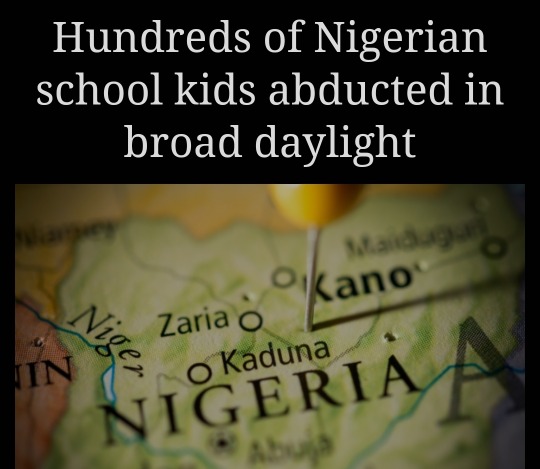
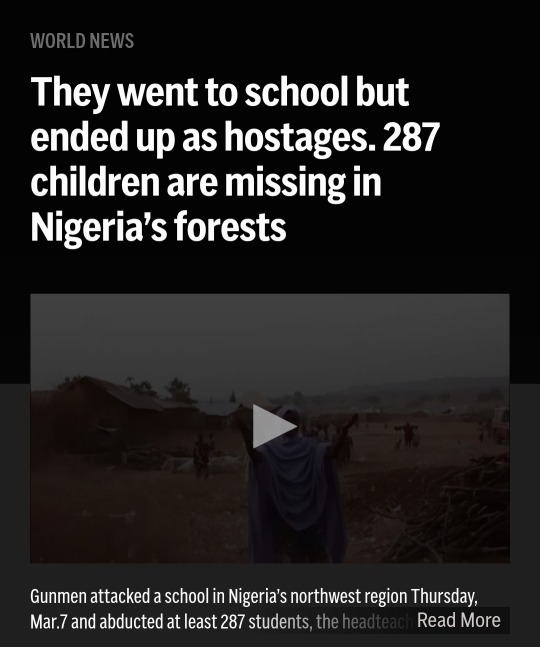
BY CHINEDU ASADU
March 8, 2024
ABUJA, Nigeria (AP) — "Security forces swept through large forests in Nigeria’s northwest region on Friday in search of nearly 300 children abducted from their school by motorcycle-riding gunmen in the latest mass kidnapping, which analysts and activists blamed on the failure of intelligence and a slow security response.
The abduction of the 287 children in Kaduna state, near the West African nation’s capital, is one of the largest school kidnappings in the decade since the kidnapping of schoolgirls in Borno state’s Chibok village in 2014 stunned the world. Analysts and activists say the security lapses that allowed that mass abduction remain.
The victims of the latest attack — among them at least 100 children aged 12 or under — were surrounded and marched into a forest just as they were starting the school day, said locals in Kuriga town, located 55 miles (89 kilometers) from the city of Kaduna. One man was shot dead as he tried to save the students, school authorities said."
J-P Mauro - published on 03/14/24
"With no word from the abductors, the bishops are calling on the state to identify the kidnappers and save the hostages.
The remote town of Kuriga, in Nigeria’s Kaduna state, is still reeling after dozens of armed extremists kidnapped hundreds of students out of their classes in broad daylight on the morning of March 7. Worried parents are now calling for government intervention, after days without any word from the abductors. As of March 13, the children have yet to be found.
The AP reports that at least 287 students were abducted – with about 100 of them aged 12 or under – making it one of the largest kidnappings since the 2014 abduction of the Chibok girls, when 275 girls were taken from their school by Boko Haram.
The parallels between the two kidnappings have created more worry for parents, as even to this day nearly 100 of the Chibok girls remain missing.
The March 7 kidnapping saw children taken from the school just as the day was starting, at around 8 a.m.. They were herded into the forest. It took authorities several hours to respond to the scene and begin a search operation, but it is unclear how deep into the forest the kidnappers went.
Locals have suggested that the abductors belong to a group of bandits who have been terrorizing remote villages in Nigeria’s northwest and central regions.
14-year-old Nigerian girl could declared a martyr. Nigeria is one of the places of most intense suffering for Christians in our day.
Bishop Wilfred Anagbe of Makurdi has called on the government to intercede on behalf of the Christian population, which he said is being targeted by these attacks. Bishop Anagbe told OSV:
“The kidnappings, killings and destroying churches we are experiencing every day are aimed at finishing Christians. We are worried that despite such killings and kidnappings, the government has never arrested anyone. As a church, we now demand that the government act quickly to stop these vices that continue to dishearten people.”
I try hard not to hate anyone, but The Meghans sure know how to push the right buttons. 🤐🤬
Safety 1st: The UK is unsafe but African countries where Nigerian schoolgirls are kidnapped & Zika Zones for childbearing royals are no problem.
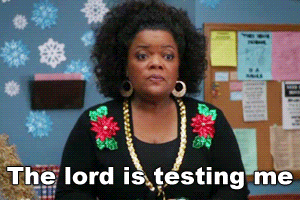
Team Sussex: Global Court Jesters

#royal grifters#sussex scam#megxit#africa#african parks#scammers#nigeria#religious martyrs#christian persecution#kidnapping#nigerian girls#Nigerian Schoolchildren Kidnapped#Meghan & Harry are Frauds#Nigerian kidnappers#IPP Status#InGRIFTus#InFLICTus#racists#profit off poverty#poverty vultures#archewell is a fraud#show up do nothing#waaagh#spare us#worldwide privacy tour#misan harriman is a fraud#Sussex Global Court Jesters#poverty tourism#Bring Back Our Girls 2.0#meghan harry & misan are nigerian scammers
36 notes
·
View notes